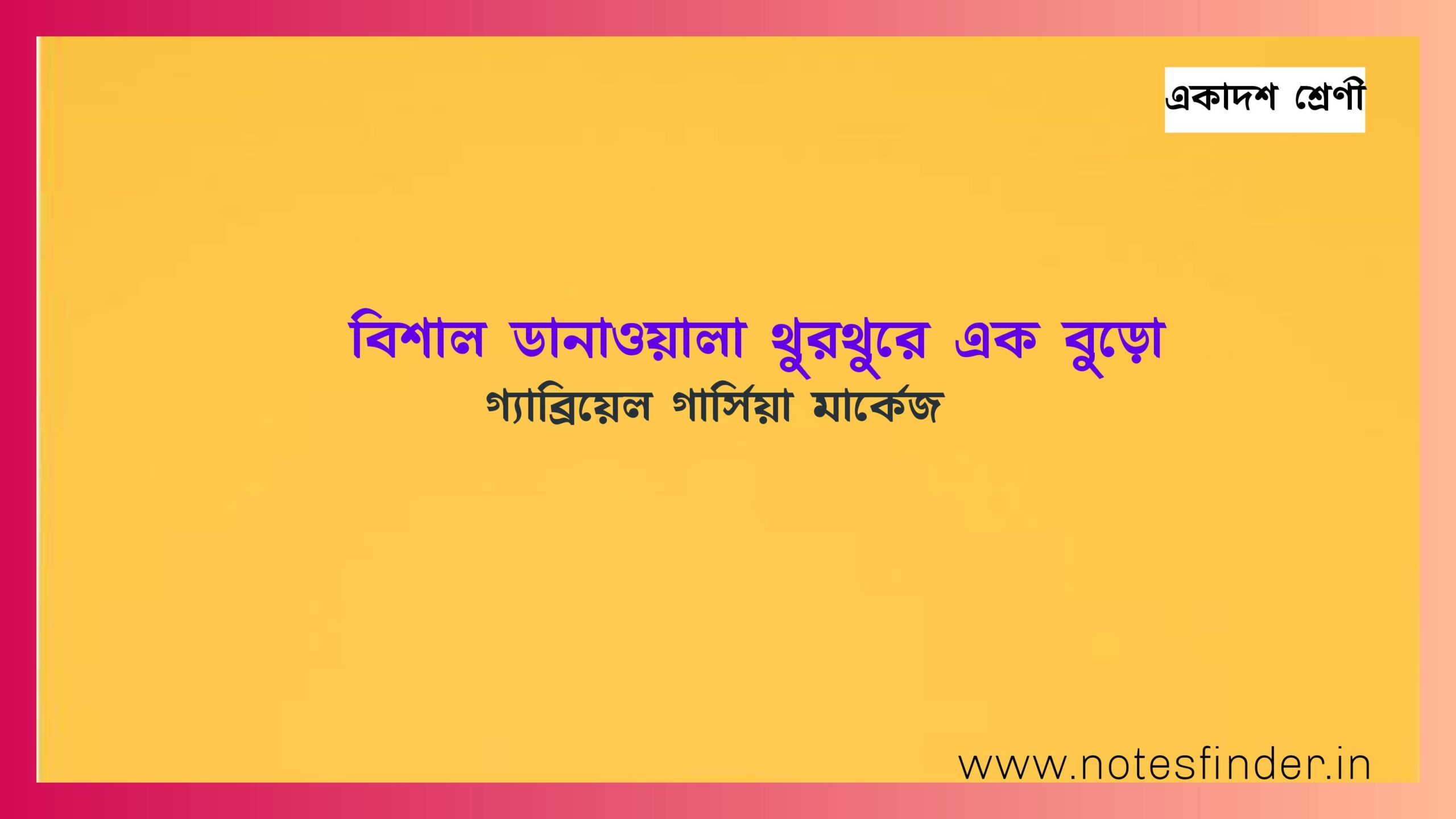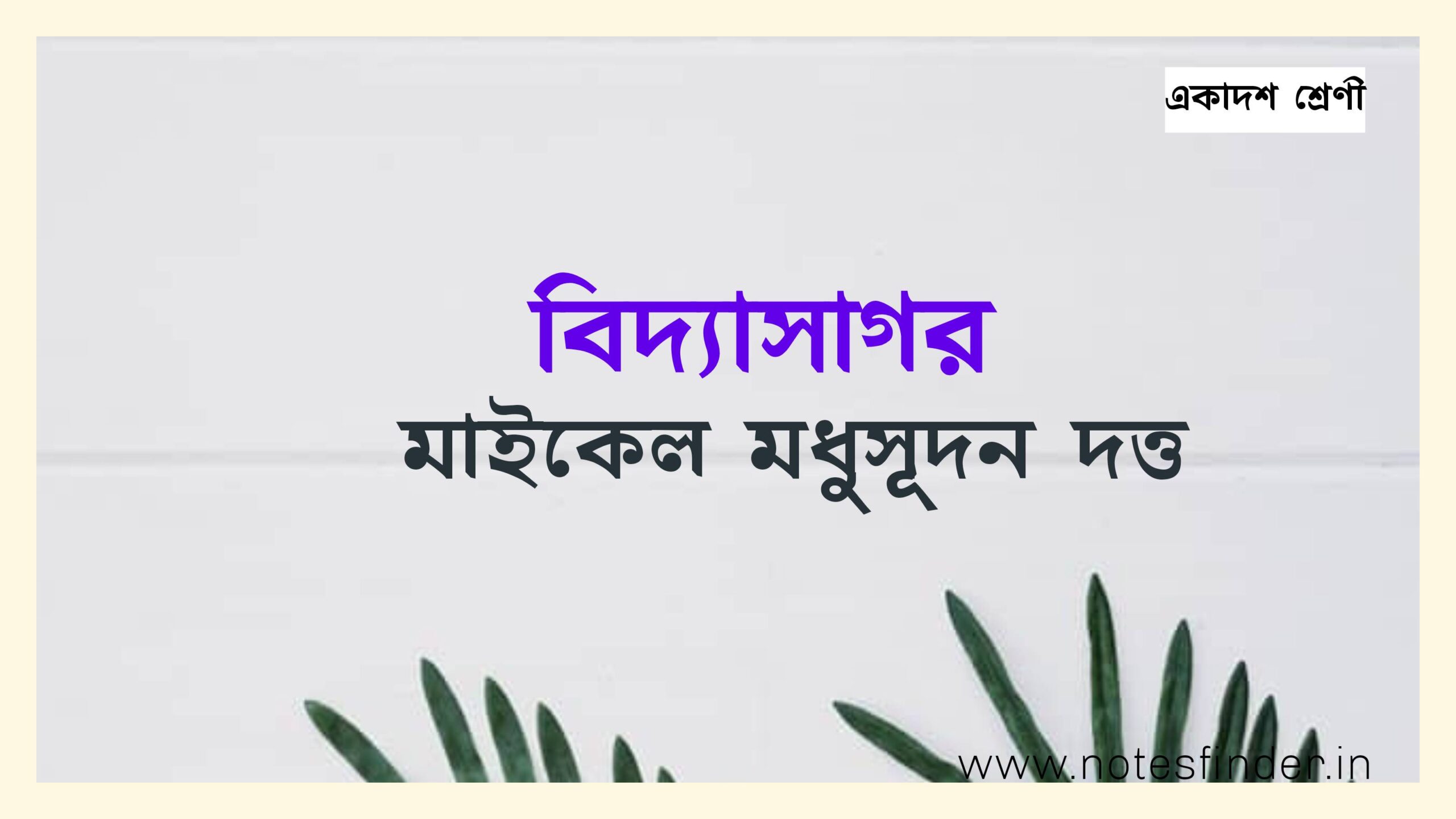1. Introduction to Karwa Chauth
Karwa Chauth is a traditional Hindu festival celebrated by married women in the northern regions of India. It holds great significance and reverence as women observe a day-long fast from sunrise to moonrise for the well-being, longevity, and prosperity of their husbands. This auspicious occasion is characterized by various rituals, customs, and festivities that showcase the deep-rooted cultural traditions and the strong bond between spouses. With its rich historical origins and evolving practices, Karwa Chauth continues to be cherished and cherished in contemporary society. In this article, we will delve into the significance, rituals, and celebrations associated with Karwa Chauth, exploring its historical background, regional variations, and its relevance in modern times.
1. Introduction to Karwa Chauth
1.1 Origin and Meaning of Karwa Chauth
Karwa Chauth is a significant Hindu festival celebrated by married women in India. The word “Karwa” refers to an earthen pot used in the rituals, and “Chauth” means the fourth day. This festival falls on the fourth day after the full moon in the Hindu month of Kartik, which usually occurs in October or November.
1.2 Cultural Significance of Karwa Chauth
Karwa Chauth holds immense cultural importance as it symbolizes the bond of love and devotion between a husband and wife. Married women observe a day-long fast from sunrise to moonrise to pray for the well-being and longevity of their husbands. It is believed that the blessings of Lord Shiva and Goddess Parvati are bestowed upon couples who observe this fast, strengthening the marital bond.
2. Significance and History of Karwa Chauth
2.1 Historical Origins of Karwa Chauth
The historical origins of Karwa Chauth can be traced back to ancient times when women would keep the fast to pray for the well-being and safety of their husbands, who often went away for long periods for war or other reasons. It was a way for women to demonstrate their love, loyalty, and commitment to their husbands.
2.2 Legends and Mythology Associated with Karwa Chauth
Karwa Chauth is steeped in fascinating legends and mythology. One popular legend is the story of Queen Veervati, who managed to bring her husband back to life through her unwavering devotion and dedication. Another famous tale is that of Karwa, a devout woman who saved her husband’s life from the clutches of death. These stories, passed down through generations, contribute to the significance and reverence associated with Karwa Chauth.
3. Rituals and Traditions of Karwa Chauth
3.1 Preparations for Karwa Chauth
Preparations for Karwa Chauth begin days in advance, with women shopping for colorful traditional attire, accessories, and embellishments. They also purchase the necessary puja items and gather with friends and family to exchange decorated Karwa pots filled with sweets, dry fruits, and gifts as a token of love and good wishes.
3.2 Sargi – Traditional Pre-Dawn Meal
On the day of Karwa Chauth, before sunrise, married women receive a pre-dawn meal called “Sargi” from their mothers-in-law. This meal traditionally consists of delicious dishes like fenia (sweet vermicelli), mathri (savory snack), and fruits. It provides nourishment to sustain them throughout the day of fasting.
3.3 Fasting Guidelines and Practices
During the fast, women abstain from food and water from sunrise to moonrise. They endure the long hours with patience and determination. Many women break their fast only after sighting the moon and offering prayers.
3.4 Dressing Up and Adorning Mehndi
The day of Karwa Chauth is a celebration of beauty and grace. Women dress up in vibrant traditional attire, adorn themselves with jewelry, and apply intricate mehndi designs on their hands. It adds to the festive spirit and creates a sense of anticipation and excitement for the evening rituals.
4. Fasting and Puja on Karwa Chauth
4.1 Vrat Vidhi – Step-by-Step Fasting Procedure
The fasting procedure, known as “Vrat Vidhi,” involves women waking up early, taking a bath, and dressing up in their finest attire. They offer prayers to the deities, seek blessings for their husbands’ well-being, and recite sacred verses and hymns throughout the day.
4.2 Karwa Chauth Puja Vidhi
In the evening, women gather with other married women in their community for the Karwa Chauth puja. They light traditional lamps, sing devotional songs, and perform rituals around the Karwa pots. The prayers are offered to Lord Shiva, Goddess Parvati, and Lord Ganesha seeking their blessings.
4.3 Importance of Chanting Mantras and Prayers
Chanting mantras and prayers hold great significance during Karwa Chauth. The recitation of sacred verses and hymns is believed to invoke divine blessings and strengthen the marital bond. It brings a sense of spirituality and devotion to the entire fasting experience.Karwa Chauth is not just a festival; it is an expression of love and dedication that deepens the connection between partners. It reminds us of the beauty and strength of relationships and the power of unwavering faith. So, this Karwa Chauth, let us celebrate this unique festival with joy and enthusiasm, cherishing the bonds we hold dear.
5. Celebrations and Festivities during Karwa Chauth
5.1 Evening Gatherings and Mehndi Parties
As the sun sets on Karwa Chauth, the celebration kicks into high gear. Women gather together in their finest attire, creating a festive atmosphere that is filled with laughter and joy. One popular pre-Karwa Chauth tradition is the Mehndi party, where intricate henna designs are created on the hands and feet of the women. It’s a time for women to bond, share stories, and indulge in some pampering before the fasting begins.
5.2 Traditional Karwa Chauth Songs and Folklore
No Indian festival is complete without its fair share of songs and folklore, and Karwa Chauth is no exception. Traditional Karwa Chauth songs are sung by women, narrating tales of historical figures like Queen Veervati. These songs not only add to the festive spirit but also serve as a reminder of the strength and determination of women throughout history.
5.3 Breaking the Fast – Customs and Rituals
The most anticipated moment of the day arrives when the moon finally makes its appearance in the night sky. The fasting women gather around, eagerly awaiting the sighting of the moon. Once it’s spotted, the women break their fast by sipping water from their husband’s hands and offering prayers for their well-being. This moment of togetherness and gratitude symbolizes the bond between husband and wife.
6. Modern-day Practices and Adaptations of Karwa Chauth
6.1 Changing Role of Women in Karwa Chauth
In modern times, Karwa Chauth has witnessed a shift in the role of women. While it traditionally focused on married women fasting for their husbands, today, unmarried women and even men willingly participate in this festival to honor the special relationships in their lives. It has become a celebration of love, solidarity, and the power of strong connections.
6.2 Influence of Media and Pop Culture
The influence of media and pop culture has played a significant role in shaping the modern-day practices of Karwa Chauth. Bollywood movies and TV shows have romanticized this festival, making it a glamorous affair that captures the imagination of many. From elaborate celebrations to fashionable outfits, the media has brought a sense of grandeur to Karwa Chauth.
6.3 Inclusion and Celebration of All Relationships
Karwa Chauth has evolved to embrace all types of relationships, extending beyond the traditional husband-wife bond. Friends, siblings, and even same-sex couples now participate in the festivities, emphasizing the importance of love and support in all relationships. It has become a day to express gratitude and celebrate the special connections that enrich our lives.
7. Regional Variations of Karwa Chauth
7.1 Karva Chauth in Northern India
While Karwa Chauth is celebrated throughout India, it has unique regional variations. In Northern India, the celebrations are particularly grand and elaborate. Women wear traditional outfits like sarees and lehengas, and the fasting ritual is followed with great reverence. The entire community comes together to celebrate this auspicious day, enhancing the festive atmosphere.
7.2 Similar Festivals and Observances in Other Regions
In different parts of India, similar festivals and observances take place with different names and traditions. For example, in Maharashtra, it is known as Karveth, and in Gujarat, it is called Karak Chaturthi. These festivals share the common theme of praying for the longevity and well-being of loved ones, showcasing the diverse cultural richness of India.
8. Conclusion and Importance of Karwa Chauth in Contemporary Society
In conclusion, Karwa Chauth is more than just a festival; it is a celebration of love, commitment, and devotion. Despite the changing dynamics of society, Karwa Chauth continues to hold immense importance in contemporary times. It is a reflection of the enduring bond between married couples and the profound respect and care that exists within the institution of marriage. As the festival embraces new adaptations and inclusivity, it also serves as a reminder of the rich cultural heritage and traditions that are passed down through generations. Karwa Chauth stands as a testament to the deep-rooted values and the enduring spirit of love that resonates with couples and families across the region.
FAQs about Karwa Chauth
1. Can unmarried women observe Karwa Chauth?
Yes, unmarried women can also choose to observe Karwa Chauth. While the festival traditionally focuses on married women fasting for their husbands’ well-being, it has evolved to include unmarried women who fast for their desired life partners or for their own future marital happiness.
2. Are there any exceptions to fasting on Karwa Chauth?
Yes, there are certain exceptions to fasting on Karwa Chauth. Women who are pregnant, breastfeeding, menstruating, or facing any health issues are often advised not to observe the fast. It is important to prioritize one’s health and consult with a medical professional before fasting.
3. Is Karwa Chauth celebrated only in northern India?
While Karwa Chauth is predominantly celebrated in northern India, its popularity has spread to other regions and communities as well. Different states may have their own variations and customs associated with the festival, showcasing the diverse cultural tapestry of India.
4. How has the celebration of Karwa Chauth evolved over time?
The celebration of Karwa Chauth has undergone changes over time. It has become more inclusive, with husbands also observing the fast in solidarity with their wives. Additionally, modern practices like community gatherings, Mehndi parties, and exchanging gifts have become integral parts of the festivities, adapting to the evolving lifestyles and preferences of individuals and families.



